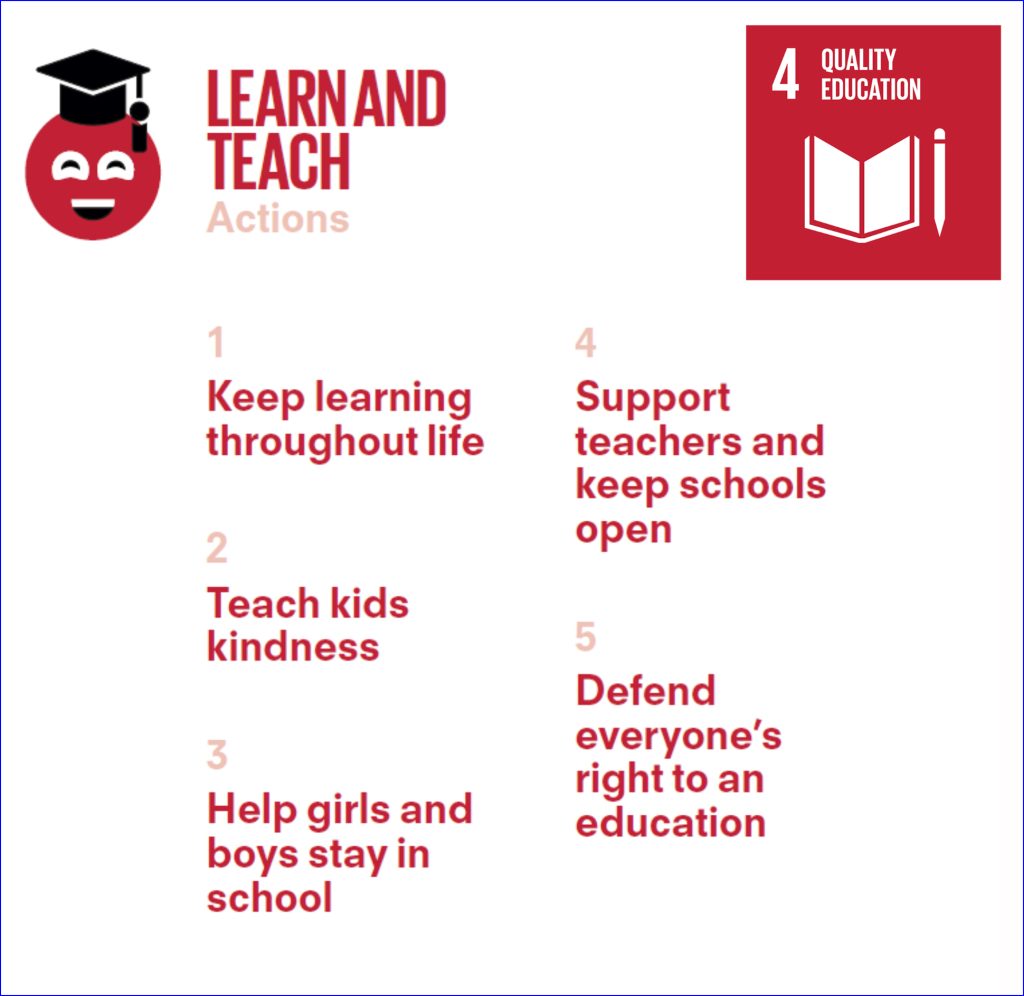NEAID (Northeast Centre for Equity on Integrated Development)
NEAID

Whole School Transformation
The ASER Report of 2022 highlights a concerning trend of declining basic reading ability among children, with levels dropping to those last seen in 2012. This marks a reversal of the slow progress made in recent years, as revealed by a decline in the percentage of Class 3 students in government or private schools who could read at the Class 2 level from 27.3% in 2018 to 20.5% in 2022. Additionally, while the percentage of Class 5 students who could read standard II level text had increased from 48% in 2014 to 50.4% in 2018, it has since fallen to 42.8% in 2022. These findings underscore the urgent need for concerted efforts to improve foundational literacy and promote equitable access to quality education for all children.
Whole School Transformation envisions that every child even in the remotest area of Northeast India have access to quality Education. We believe that inclusive and quality education for all is one of the most powerful and proven vehicles for sustainable development. Our model is designed keeping in mind the Sustainable Development Goals (SDG-4) of Quality Education for all and adopting critical priorities from NEP 2020.
Focus Areas
- School Ecosystem Development
- Students’ Holistic Development (As per FLN/ NEP, 2020)
- Teachers’ Professional development
- School- Community Collaboration
The intervention areas under each domain are selected based on the baseline assessment conducted to evaluate the need of the project. The schools are supposed to set their vision based on the following intervention areas to prioritize their year-long activities for the whole school transformation in alignment with the NIPUN Axom guidelines to accomplish the FLN targets under the larger objective of NEP 2020.
The Program has adopted the strategies such as regular cluster-level debriefs, non-Scholastic 21st-century Skills development sessions, promoting child-friendly spaces, community investment, teacher training and feedback circles, co-creating accelerated learning plans in line with the academic curriculum and preparing School development action plan in discussion with HM, Teachers and School Management Committees.
The activities and interventions at the field level will be supported by Akikaran Fellows who will be working in-depth with all the stakeholders and especially with CRCCs to create solid proof points of change in the school ecosystem.
Reach
- 6365 children, 6-10 years old – community primary schools
- 78 Schools across 2 districts
- Across 9 clusters
- 140 government school teachers
- 78 Teachers (32 females) in 18 schools (12 state schools and 6 community schools)
- 7CRCCs along with 78 SMC